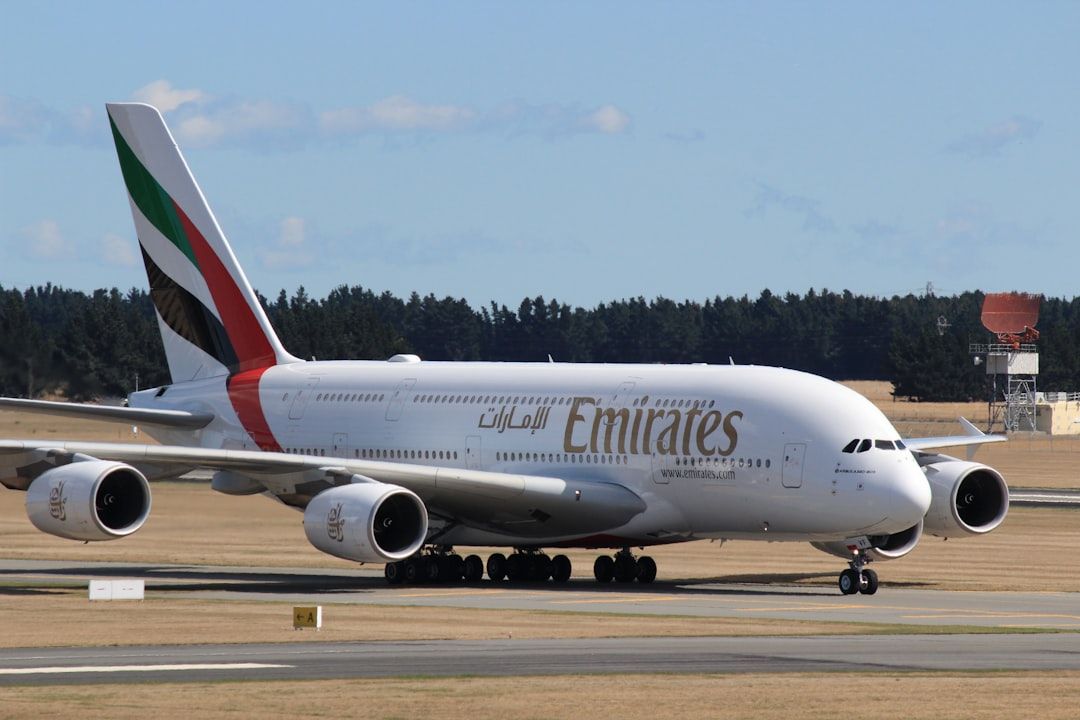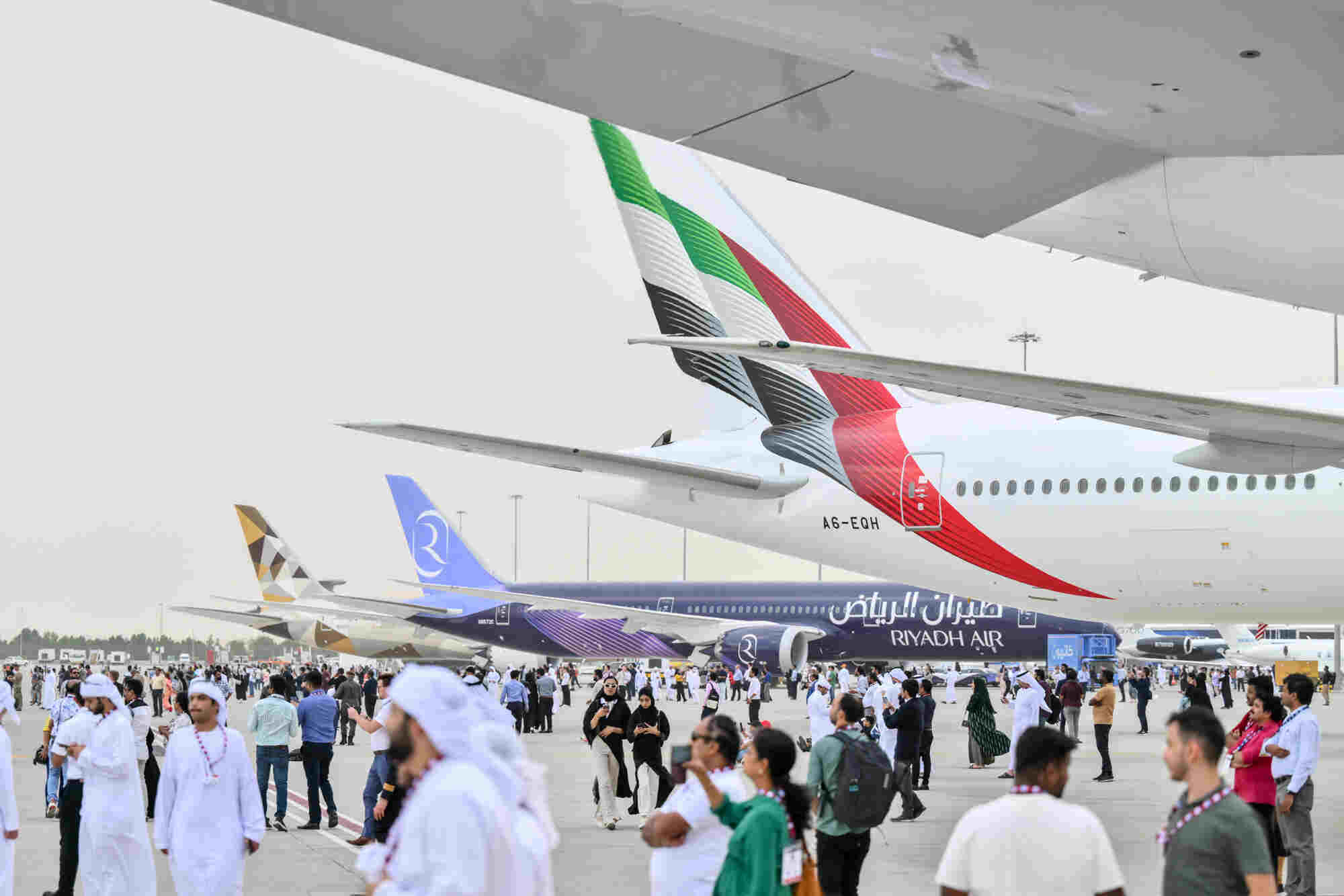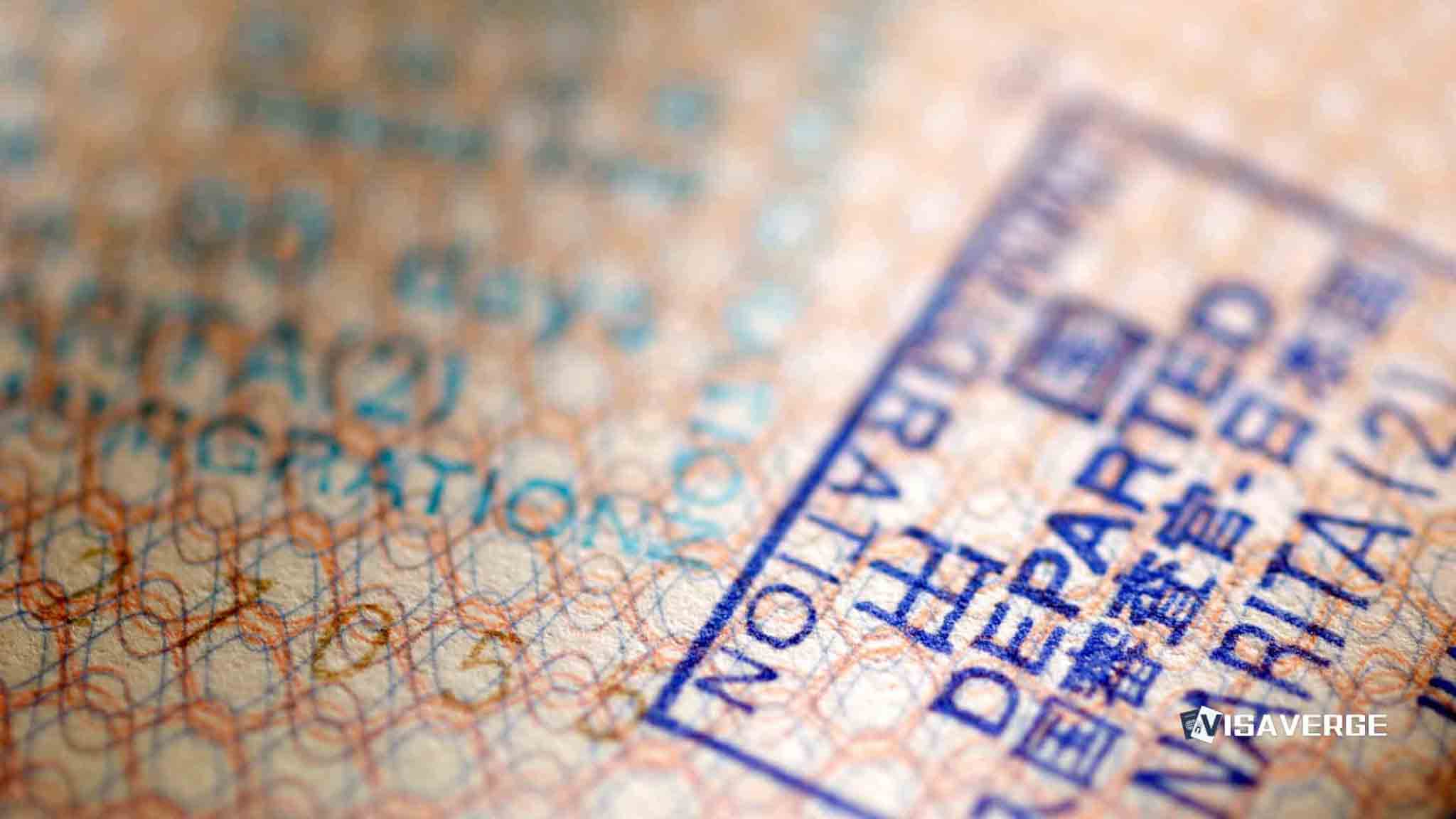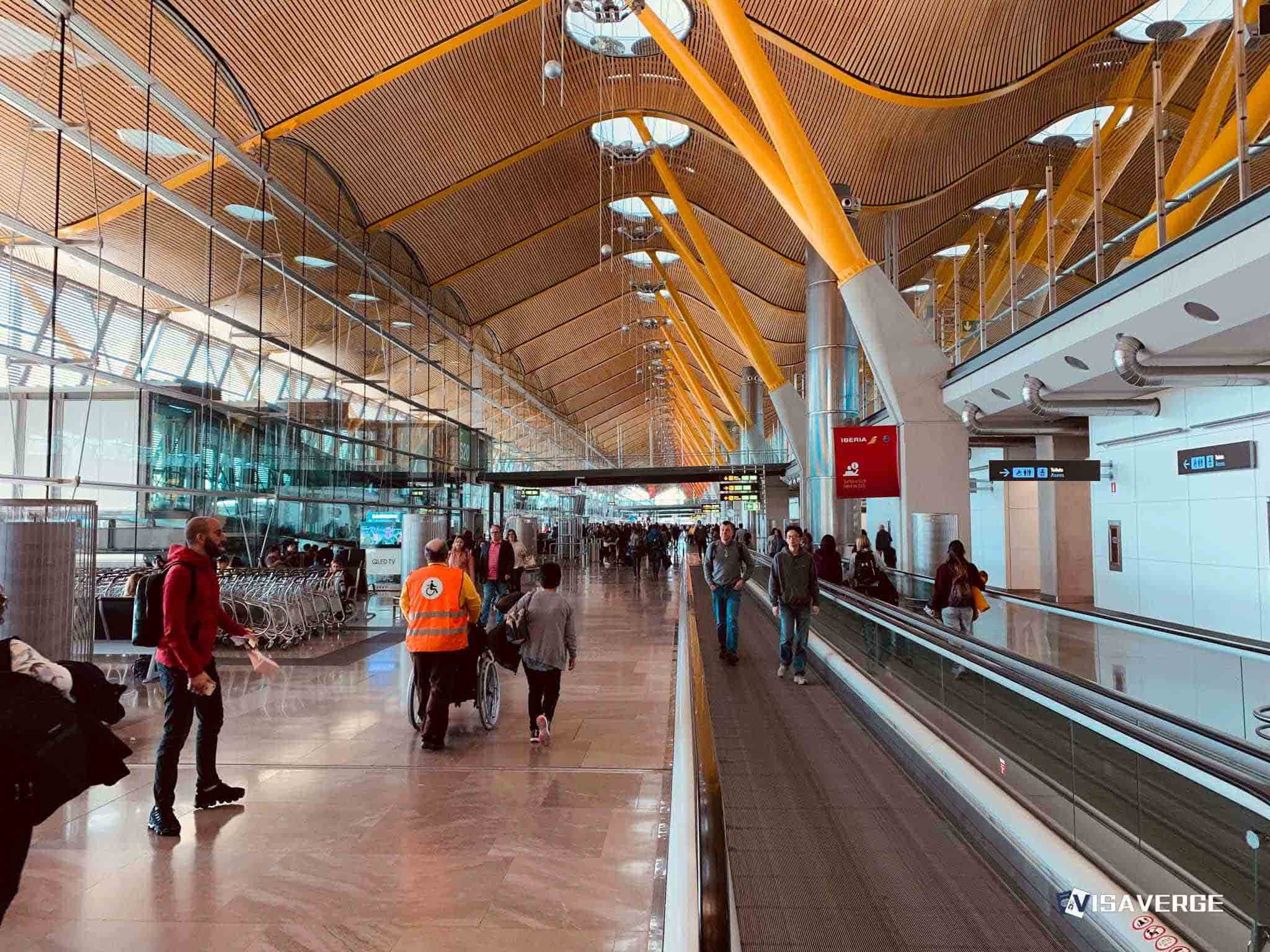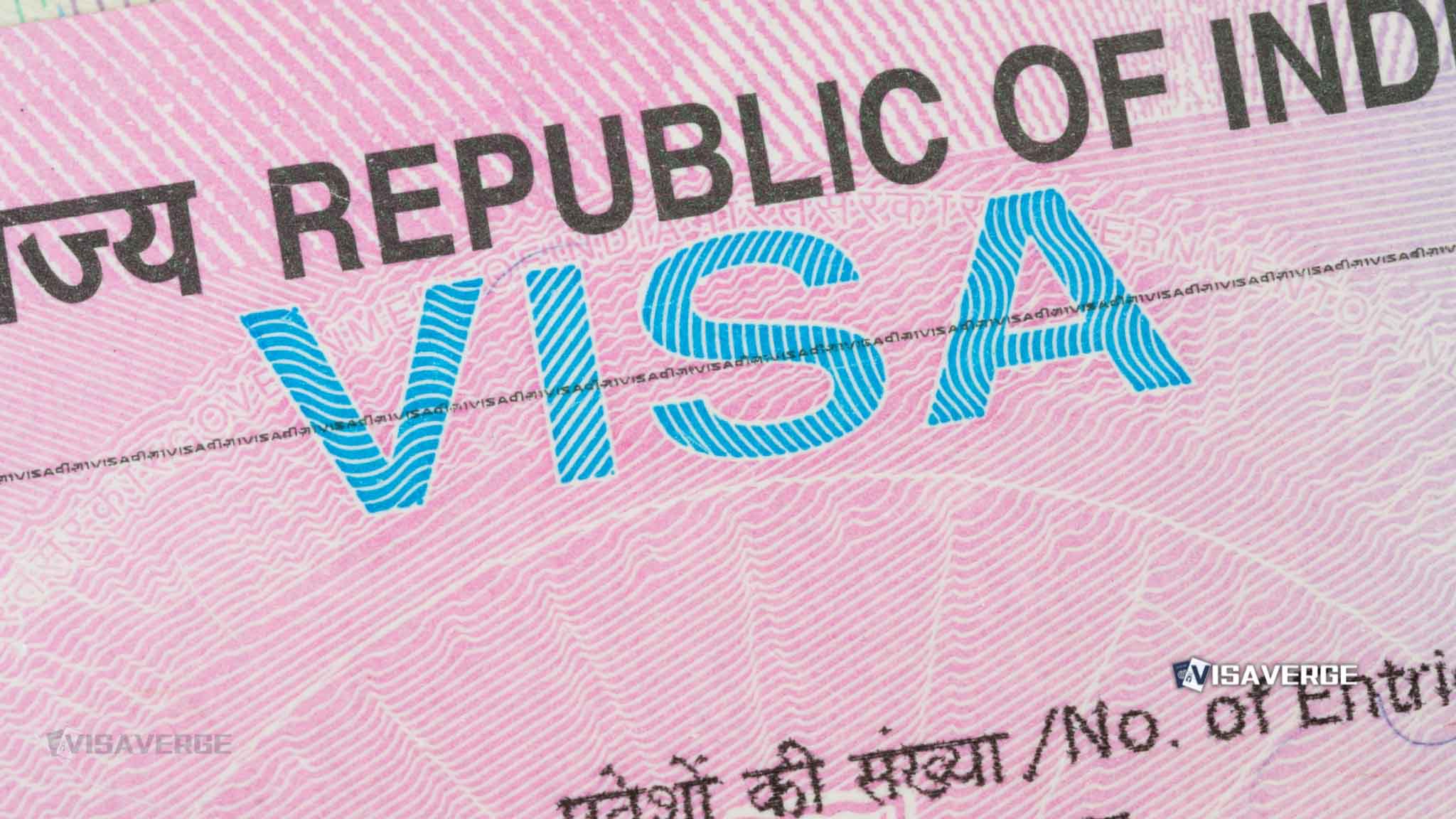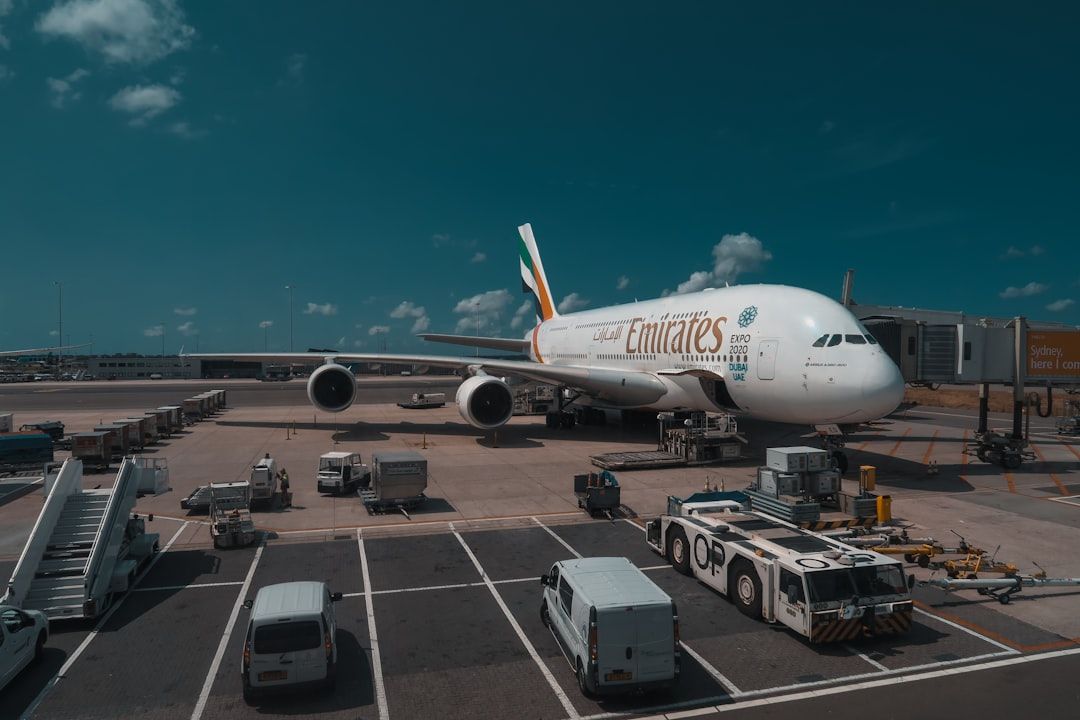Key Takeaways
• British Airways signed a multi-year SAF deal with EcoCeres, cutting carbon emissions by 400,000 metric tonnes.
• UK SAF Mandate requires 2% SAF in jet fuel by 2025 and 10% by 2030 to reduce aviation emissions.
• SAF is made from 100% waste biomass, lowers emissions up to 80%, and blends with regular jet fuel.
On June 30, 2025, British Airways made a major announcement that could reshape the future of air travel and its impact on the environment. The airline signed a multi-year agreement with EcoCeres, Inc., a top producer of renewable fuels, to supply Sustainable aviation fuel (SAF). This deal is expected to cut British Airways’ carbon emissions by about 400,000 metric tonnes over its lifetime. That’s roughly the same as the emissions from flying 240,000 economy passengers roundtrip between London and New York.
This move comes as airlines, governments, and travelers face growing pressure to address climate change. Air travel is a significant source of carbon emissions, and finding ways to reduce its impact is now a top priority for the industry. British Airways’ partnership with EcoCeres is a big step toward meeting strict new rules in the United Kingdom 🇬🇧 and shows how airlines are working to balance environmental responsibility with the need to keep flights affordable and accessible.
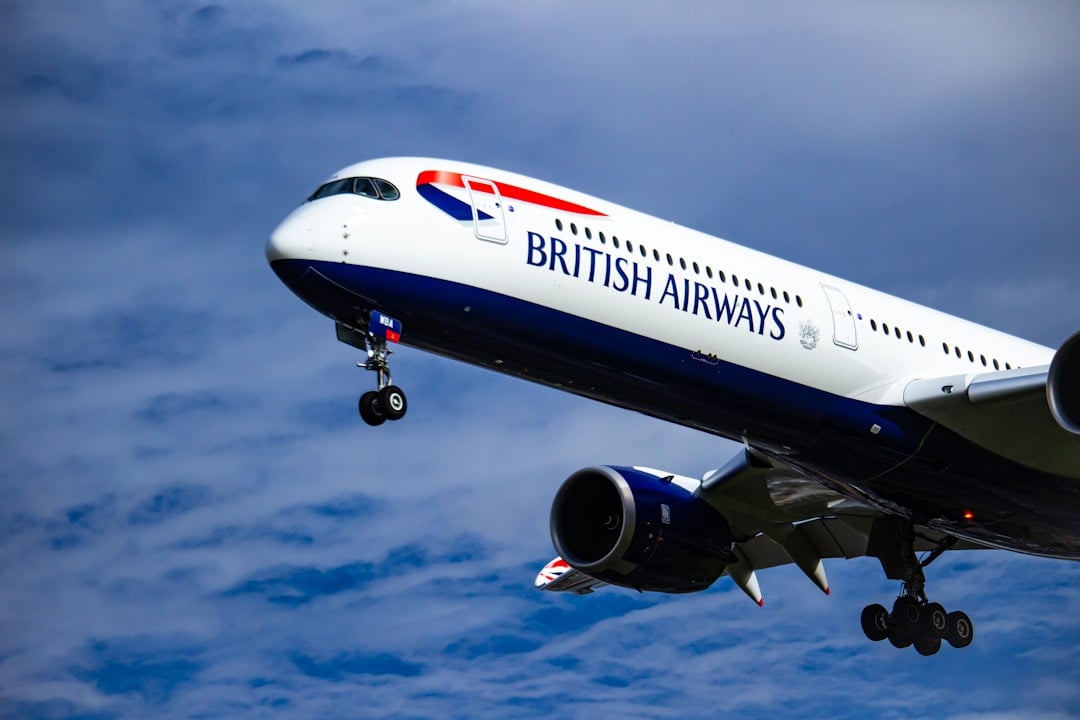
Let’s break down what this deal means, how it works, and what it could mean for travelers, the aviation industry, and the environment.
What Is Sustainable Aviation Fuel (SAF) and Why Does It Matter?
Sustainable aviation fuel, or SAF, is a type of jet fuel made from renewable sources instead of fossil fuels. In this case, EcoCeres will produce SAF from 100% waste-based biomass feedstock, such as used cooking oil. This means the fuel comes from waste products that would otherwise be thrown away, not from crops grown for food.
Key benefits of SAF:
– Up to 80% lower carbon emissions over its lifecycle compared to regular jet fuel.
– No competition with food crops, since it uses waste materials.
– Can be blended with regular jet fuel and used in existing aircraft without changes.
By using SAF, airlines like British Airways can cut their carbon footprint while still offering the same flights and services. This is important because the aviation industry is under pressure to reduce emissions, and SAF is one of the few solutions that can make a big difference right now.
British Airways’ SAF Deal: The Details
Who: British Airways and EcoCeres, Inc.
What: Multi-year agreement to supply SAF made from waste-based feedstocks
When: Announced June 30, 2025; supply begins in 2025
Where: SAF will be used on British Airways flights, mainly from the United Kingdom 🇬🇧
Why: To cut carbon emissions, meet government rules, and move toward net-zero by 2050
How: SAF is blended with regular jet fuel and used in planes, reducing overall emissions
How much impact?
– 400,000 metric tonnes of carbon emissions avoided over the contract’s lifetime
– Equivalent to flying 240,000 passengers roundtrip from London to New York
– SAF can provide up to 80% lifecycle carbon reduction compared to traditional jet fuel
According to analysis by VisaVerge.com, this deal places British Airways among the leaders in sustainable aviation and helps set a new standard for the industry.
How the SAF Deal Works: Step by Step
- Production: EcoCeres collects waste materials like used cooking oil and turns them into SAF at its facilities. This process does not use food crops, so it doesn’t affect food supplies.
- Supply: The SAF is delivered to British Airways under a long-term contract. This guarantees a steady supply and helps the airline plan for the future.
- Blending and Use: SAF is mixed with regular jet fuel and loaded onto British Airways planes. The fuel works just like traditional jet fuel, so no changes are needed to the planes or engines.
- Reporting and Compliance: British Airways tracks how much SAF it uses and reports this to the UK government. This helps the airline meet new rules and show progress toward its climate goals.
The UK’s SAF Mandate: What Airlines Must Do
The United Kingdom 🇬🇧 is one of the first countries to set legally binding rules for SAF use. The UK government’s SAF Mandate, which is expected to take effect in January 2025, will require:
- 2% of all jet fuel used in the UK in 2025 must be SAF
- 10% by 2030
- 22% by 2040
This means airlines must quickly increase the amount of SAF they use or face penalties. The government is also supporting the construction of at least five SAF plants in the UK by 2025, offering funding and looking at ways to guarantee revenue for producers.
For more details on the UK’s SAF Mandate, you can visit the UK Department for Transport’s official page.
British Airways’ Progress and Goals
British Airways has been working on reducing its carbon emissions for years. Here’s how the airline is doing:
- In 2024, SAF made up 2.7% of British Airways’ total fuel use.
- This helped the airline cut its carbon intensity by 13% since 2019.
- British Airways aims to power 10% of its flights with SAF by 2030.
- The airline’s parent company, IAG, invested $3.5 billion in SAF by the end of 2024.
Carrie Harris, British Airways’ Director of Sustainability, says that SAF is a core part of the airline’s “BA Better World” strategy. The goal is to reach net-zero carbon emissions by 2050, which means balancing any emissions produced with actions that remove the same amount from the atmosphere.
Why Is SAF So Expensive?
One of the biggest challenges with SAF is the cost. Right now, SAF is 2 to 7 times more expensive to produce than regular jet fuel. This is because the technology is still new, and there aren’t enough large plants making SAF to bring the price down.
However, British Airways has managed to secure long-term contracts with EcoCeres at less than 60% of the current market rate for SAF. This could help the airline avoid big ticket price increases for passengers, at least for now.
The UK government is also looking at ways to help SAF producers by offering financial support and making sure there’s a steady demand for their product.
What Does This Mean for Passengers?
For travelers, the main question is whether these changes will make flights more expensive. So far, British Airways has absorbed most of the extra cost of using SAF, so ticket prices haven’t gone up much because of this.
But as the SAF Mandate takes effect and more airlines compete for limited supplies, prices could rise. Early deals like the one with EcoCeres may help British Airways keep fares competitive, but other airlines that wait may face higher costs and have to pass these on to passengers.
Key points for passengers:
– No changes to the flying experience—SAF works just like regular jet fuel.
– Ticket prices could be affected in the future, depending on SAF costs and government rules.
– Choosing airlines that use SAF helps support cleaner air travel.
Impact on the Aviation Industry
This deal is not just about British Airways. It’s part of a bigger shift in the aviation industry toward cleaner fuels and lower emissions.
For airlines:
– Early investment in SAF can provide a competitive advantage.
– Delaying SAF adoption could mean higher costs and possible fines under new rules.
– Partnerships with SAF producers are becoming essential for meeting government mandates.
Jonathon Counsell, Group Sustainability Officer at IAG, says that investing in SAF early gives the group an edge and supports the wider effort to decarbonize aviation.
For SAF producers:
– Deals like this encourage more investment in new plants and technology.
– Government support and guaranteed demand help make SAF production more attractive.
Environmental Benefits
The environmental impact of switching to SAF is significant. The EcoCeres deal alone will cut emissions by 400,000 tonnes, which is a big step toward British Airways’ and the UK’s climate targets.
Why this matters:
– Aviation accounts for about 2-3% of global carbon emissions.
– Switching to SAF is one of the fastest ways to cut these emissions without waiting for new aircraft technology.
– Using waste-based feedstocks means less waste in landfills and no impact on food supplies.
Matti Lievonen, CEO of EcoCeres, says the partnership shows a strong commitment to finding new, sustainable solutions for aviation.
Historical Context: British Airways and SAF
British Airways and its parent company, IAG, have a long history of working toward net-zero emissions and using SAF:
- First airline group to commit to net-zero by 2050.
- Early adopter of commercial-scale SAF use in the UK.
- Previous SAF deals with companies like Phillips 66 and LanzaJet.
- Partnerships with technology providers and corporate customers (like Microsoft) to co-fund SAF purchases.
These efforts have helped British Airways stay ahead of new government rules and set an example for other airlines.
The Road Ahead: What’s Next?
The future of SAF looks promising, but there are still challenges to overcome:
- British Airways and IAG are on track to meet the UK’s 10% SAF target by 2030.
- The UK government is expected to finalize and enforce the SAF Mandate in January 2025.
- EcoCeres and other SAF producers are expanding capacity, with more contracts and innovations expected soon.
- Other countries may follow the UK’s lead and set their own SAF mandates, increasing global demand.
As more airlines and governments commit to SAF, production should increase, and prices may come down over time. This will make it easier for airlines to meet climate goals and for passengers to fly with a smaller carbon footprint.
What Should Travelers and Stakeholders Do Now?
For travelers:
– Stay informed about airlines’ sustainability efforts.
– Consider supporting airlines that invest in SAF and other green initiatives.
– Be aware that ticket prices may change as the industry adapts to new rules.
For airlines and industry partners:
– Secure SAF supply early to avoid higher costs and penalties.
– Work with governments and producers to support new SAF plants and technology.
– Communicate clearly with passengers about sustainability efforts and what they mean for travel.
For policymakers:
– Continue to support SAF production with clear rules and financial incentives.
– Monitor the impact on ticket prices and airline competition.
– Encourage international cooperation to expand SAF use worldwide.
Where to Find More Information
- British Airways Sustainability: Learn more about the airline’s environmental efforts at their official BA Better World page.
- UK Department for Transport (SAF Mandate): Read about the government’s plans and rules for SAF at the official government website.
- EcoCeres, Inc.: Find out more about the SAF producer at ecoceres.com.
Conclusion: A Greener Future for Air Travel
The British Airways and EcoCeres deal marks a turning point for sustainable aviation. By investing in SAF, British Airways is not only meeting government rules but also helping to lead the industry toward a cleaner, greener future. While challenges remain—especially around cost and supply—the commitment from airlines, producers, and governments is clear.
For travelers, this means the chance to fly with a smaller environmental impact. For the industry, it’s a call to action to invest in new technology and partnerships. And for the planet, it’s a hopeful sign that even high-flying industries can find ways to reduce their carbon footprint.
As the world watches how British Airways, EcoCeres, and the UK government move forward, one thing is certain: sustainable aviation fuel is set to play a big role in the future of flight.
Learn Today
Sustainable Aviation Fuel (SAF) → Jet fuel made from renewable waste biomass reducing emissions without affecting food supplies.
Carbon Emissions → The release of carbon dioxide from burning fossil fuels contributing to climate change.
SAF Mandate → UK government rule requiring increasing percentages of jet fuel to be sustainable aviation fuel.
Biomass Feedstock → Organic waste materials like used cooking oil used to produce sustainable fuels.
Net-Zero Emissions → Balancing emitted greenhouse gases with actions removing an equal amount from the atmosphere.
This Article in a Nutshell
British Airways’ landmark SAF agreement with EcoCeres will cut 400,000 tonnes of carbon emissions, leading sustainable aviation. This deal supports UK government SAF mandates, helping BA reduce its carbon footprint while maintaining affordable flights, pushing the airline industry toward a cleaner, greener future of air travel worldwide.
— By VisaVerge.com


